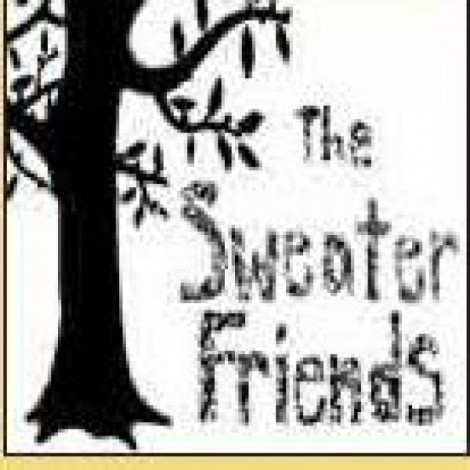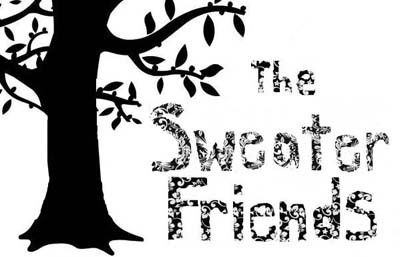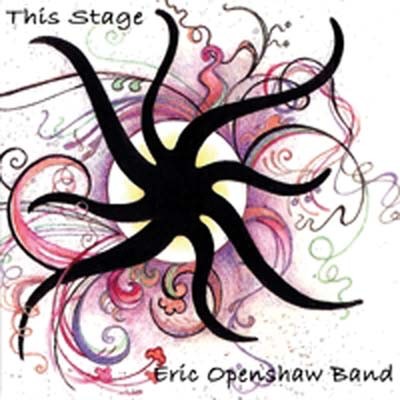
![]()
![]()
![]()
![]()

![]()
What is a Sweater Friend? Jake Workman and Allyson Lundburg’s selfdescribed “songs like conversations” sometimes try to cram in as many syllables as possible into a measure of music in their fervor to express true friendship. These songs are like thumbnail sketches of different characters, as though the spare arrangement of acoustic guitar and voices trading solos was the musical equivalent of an artist’s pencil to provide an outline and shading, a momentary glimpse.
This stuff is cute without being cutesy and, well, as comfy as a warm sweater. It’s not all sunshine, though: “No excellent soul is exempt from a mixture of madness,” Lundburg explains on “Breaking the Azeotrope.” There can’t be anything more pleasant than the sentiment of “I’m Never Not Walking to Church Again.” (But are they familiar with Utah weather?) In Small Lake City you might even be part of the extended group of “everyone they know.” In the acknowledgments on the inner sleeve, the two include “You, because when it comes down to it, we’re all sweater friends.”

![]()
Fresh-faced Eric Openshaw slings the Strat over his shoulder on the inside of his CD cover like a younger John Mayer, and his songwriting is reminiscent of the singer/would-be comedian with loose rock rhythms and a modicum of jazz and funk. Just swap Mayer’s Georgia drawl with a Utah inflection—a charming delivery that adds to the album’s appeal. This disc is one of the most polished and assured local debuts in quite a while. And he adds some intensity in his singing that has been lacking in Mayer’s recent efforts.
The arrangements are a bit spare—just a three-piece guitar-bass-drums outfit, which doesn’t leave Openshaw much room to solo. But Openshaw’s voice is the main instrument on the recording. The selections almost sound like demos, with little or no effects added to the guitar, but it doesn’t really need any. His guitar playing, especially on “An Arsenal of Words and Fear,” is influenced without being derivative. On “Lullaby” he really gets to stretch his vocal capabilities out on a ballad, and it’s an impressively emotive result for his amount of time on the local music circuit.